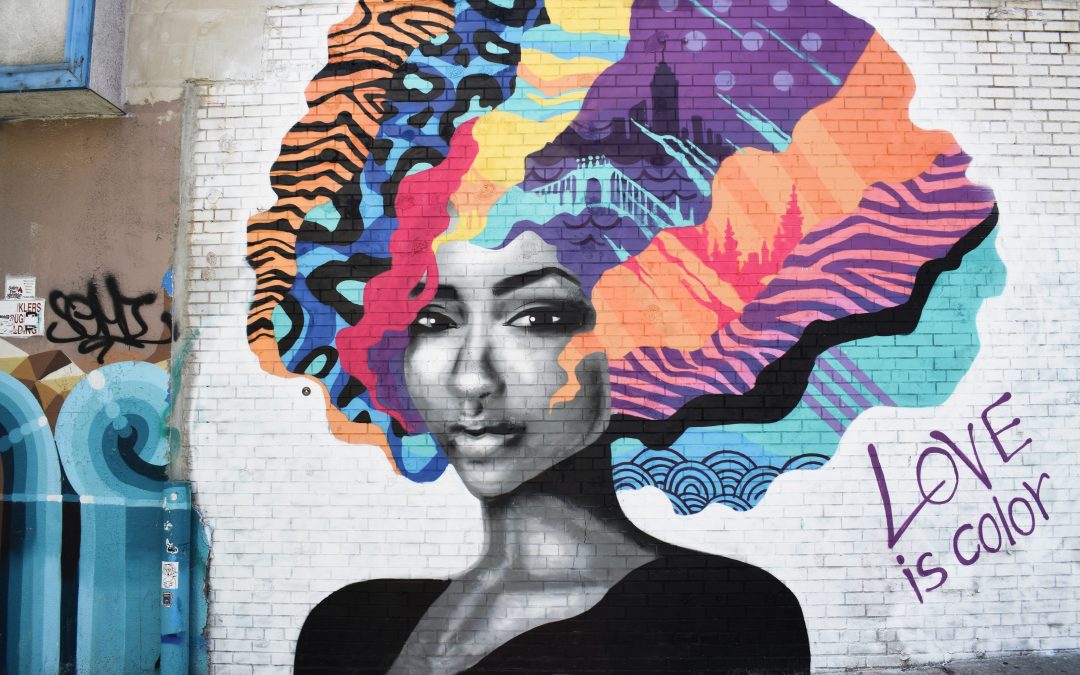Note, some of the links here go to my affiliate accounts, which means if you make a purchase, I get a commission.
Recently, I read a review of my book Publishable By Death, where the reviewer said,
A possibly good story buried in racial identification. I don’t care what the race is of the characters. Black, white or brown, it detracts from trying to read it.
The reader then gave the book one star, which of course is fine. Their opinion is theirs to hold.
But this note reminded me of why I do identify characters’ ethnicities in my books, and it’s because race does matter, as the esteemed Cornel West said. Pretending to be “color blind,” and acting like we live in a world where people are not evaluated by their ethnicity is naive at best and dangerous most of the time. It privileges whiteness as if being white is the “default” identity, and that privileging just helps to re-entrench white supremacy.
We see this expectation that characters are white unless called out as “other” in a lot of fiction where no ethnic identification is given for white characters but is given for every single character of color, whether ethnicity is relevant to the story or not. I recently read a lovely cozy mystery that I thoroughly enjoyed until the gas station attendant, who only appears once as an “extra” in the story, is identified as black. No one else is identified by their race anywhere else in the book, but when a black man who plays no significant part in the story appears, he is named as black. That feels like trying to to do lip service to inclusion when really it’s simply reinforcing the idea that the world is mostly white, which of course is ridiculous.
So when I read this review, I bristled – one-star reviews always make me bristle for a minute – but then I realized that this reader simply wanted their world to stay white. (Sure, this could be a reader of color, but somehow, I really, really doubt it.) And I’m not interested in reinforcing whiteness as dominant. I’m just not.
My books will always identify all my characters’ ethnicity if ethnicity is identified at all, white characters included because being white is not the default. Being human is.
The same policy applies for gender, sexual orientation, and ableness, too, and I’m trying to be as conscious of the way we privilege cisgender identity, heterosexuality, and abledness as I am about race. I’m learning, and I will flub up without a doubt. But I”ll keep trying because part of my work as a writer is the work of justice. . . justice and good stories. That’s my goal.
With this idea of justice in mind, I offer you this challenge for 2020. As you read, note who is identified by these markers of race, gender, sexual orientation, and abledness. Is it only people our society considers as “other” that we see identified as such? And as you write, are you noting the dominant identities just as you identify the under-privileged ones? If not, why not?
I’d love to hear your thoughts on this concept if you’d like to discuss. Feel free to comment below or reach out to me via email. Even if we disagree, I’d love to talk about this idea further with you, respectfully, of course.
**
Entitled To Kill, the second book in my St. Marin’s Cozy Mystery Series, came out yesterday. If you enjoy a light read with a thread of justice woven in, a slew of book discussions, and quirky dogs, you’ll enjoy the series.


